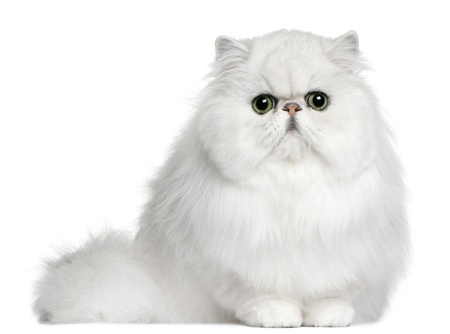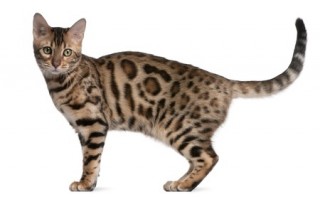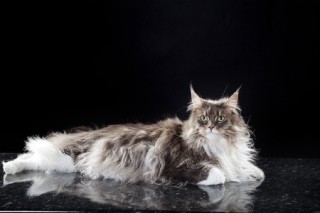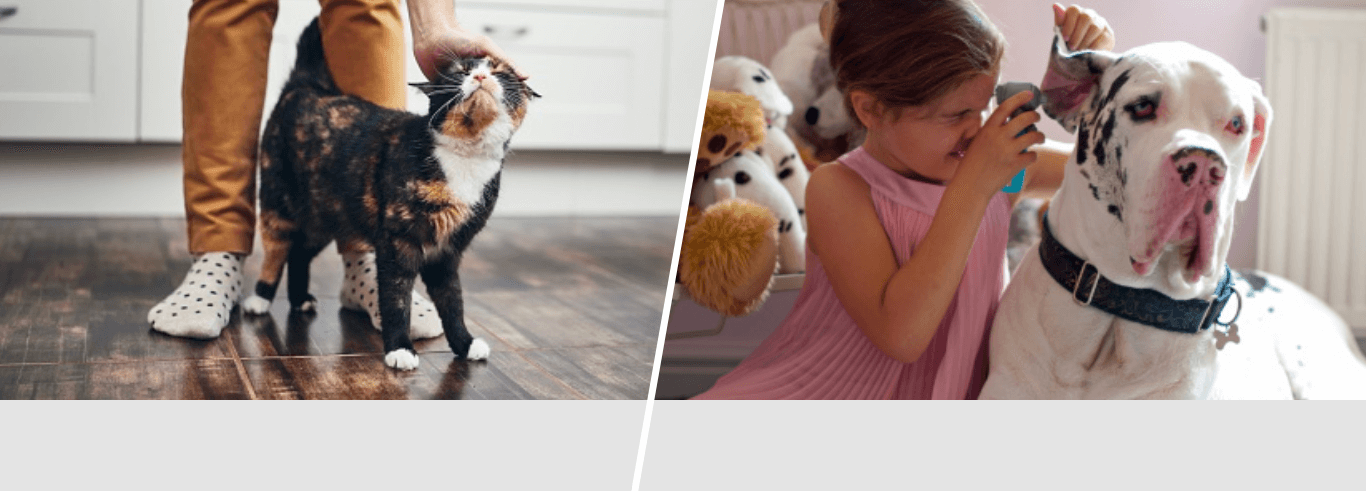Guide to Pedigree Cats: Cat Health
Many pedigree cats can develop health issues that are linked to their breeds and most owners are often completely unaware of the potential problems. This can be hugely upsetting for cat owners, which is why it helps to know what issues certain breeds are prone to have.
Did you know for example that Bengal cats often have joint problems or that a Persian cat may face seven or more different issues? Knowing a little about each breed can help to prepare owners for what they may face and may ultimately aid in their decision of what breed of pedigree cat to choose.
What is a pedigree cat?
There are millions of cats around the world but not all are pedigree cats – pedigree cats are specifically bred to exhibit particular physical characteristics. This helps to create cats that share similar habits or colours and good breeders will look to avoid or manage any inherited disorders that may occur. Of course, this is not always possible as some breeds will come from a very limited gene pool which means disorders can be passed easily from generation to generation.
The following disorders are some of those most commonly associated with certain breeds of pedigree cats.
Pedigree breeds of cats
Below is a list of the most common cat pedigree types and the typical health conditions they often develop.
Bengal cats
Bengal cats can face a number of conditions including hip dysplasia which can hinder movement and cause lameness in the hind legs. This breed could also develop patellar luxation which is where the kneecap moves out of its normal position, resulting in limping and the need for surgery in severe cases.
Bengal cats are also more likely than non-pedigree cats to develop Feline Infectious Peritonitis (FIP) which can be fatal.
Devon Rex and Maine Coon cats
These two breeds can also be affected by hip dysplasia and patellar luxation meaning they are prone to osteoarthritis in later age. The Maine Coon can also suffer from heart disease making it prone to fainting and tiredness. Explore our Maine Coon guide here for everything you need to know about the breed.
British Shorthair cats
British Shorthair cats can suffer from multiple cysts that develop in the kidneys and can eventually cause kidney failure. Vomiting, weight loss and a lack of eating are common in older British Shorthair cats.
Burmese cats
The Burmese is the most common cat breed to develop diabetes mellitus which leads to high blood sugar levels and can cause blindness and weakness as well as excessive thirst and appetite.
Siamese cats
Siamese cats are prone to developing Mediastinal or thymic lymphoma – a type of cancer. It generally causes fluid on the lungs which can cause breathing difficulties and coughing. Discover more about Siamese cats and kittens in our handy breed review.

Persian cats
Also known as a Longhair in some instances, the Persian breed can face the widest range of health troubles of all pedigree cats. They have short faces which can result in breathing problems and a condition known as Brachycephalic airway syndrome.
Persian cats can also suffer from scaly or greasy skin as well as from a fungal infection commonly known as ringworm which can be transmitted to people. The breed can also suffer from heart disease, Polycystic Kidney Disease and FIP.
In some cases, the Persian will also suffer from Cryptorchidism where the testicles stay in the body rather than moving into the scrotum which increases the risk of developing testicular cancer. For more information on the popular breed, explore our guide to Persian cats and kittens.
Looking after your cat’s health is highly important. Keep yourself protected from unexpected vet bills with Argos Pet Insurance provided by Pinnacle Insurance plc. Explore our cat insurance policies today.






